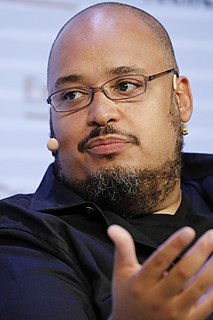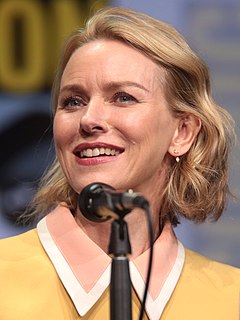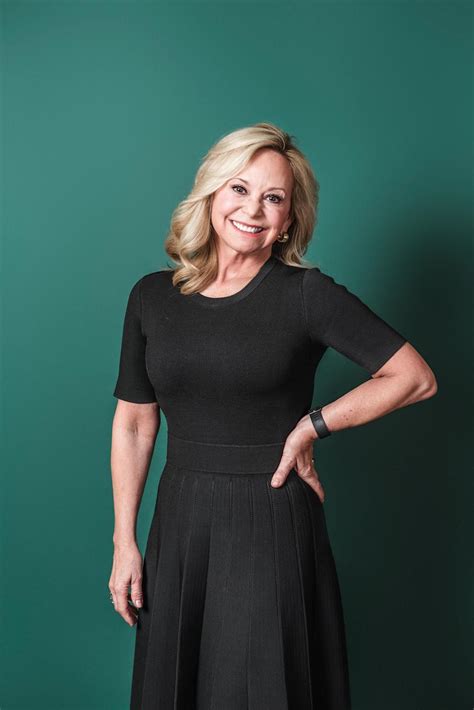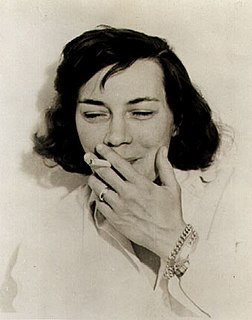A Quote by Patrick Collison
In 2007, there weren't any other accelerators, at least that I was aware of. We were almost the prototypical Y Combinator founders: We were highly technical but had never done a startup before. We also didn't know anyone in the Valley - investors, other entrepreneurs, potential hires. YC seemed like a great way to bootstrap that network.
Related Quotes
Some incubators, like Y Combinator and TechStars, were started by successful entrepreneurs wishing to help the next generation learn from their experiences. Other programs, such as Viterbi Startup Garage and Austin Technology Incubator, were created by universities to help young entrepreneurs bridge the knowledge gap from student to funded company.
They were still in the happier stage of love. They were full of brave illusions about each other, tremendous illusions, so that the communion of self with self seemed to be on a plane where no other human relations mattered. They both seemed to have arrived there with an extraordinary innocence as though a series of pure accidents had driven them together, so many accidents that at last they were forced to conclude that they were for each other. They had arrived with clean hands, or so it seemed, after no traffic with the merely curious and clandestine.
Anyone who grew up in the crack era - you know, I grew up in that era - knew that there were also people out - and there are still guys to this day that are out there, you know, obviously drug dealing - but those were the guys who had access and had money. And some of those guys felt responsible to create opportunity for other people and were also aware of the dangers of their work and often aren't really the ones that are encouraging kids to get into drug dealing.
We had met with Ben Stiller here in LA when I was shooting The Ring and he was doing Meet The Fockers and we have friends in common. But we didn't know each other well. He's fantastic and we really had a great time on this and we were both laughing at where we were at, this other couple, and how it was mirroring what we were going through as well. It was clever writing in that way.
State funds, private equity, venture capital, and institutional lending all have their role in the lifecycle of a high tech startup, but angel capital is crucial for first-time entrepreneurs. Angel investors provide more than just cash; they bring years of expertise as both founders of businesses and as seasoned investors.
Investors do not like losing money. They do not like companies that fail. They do not like entrepreneurs that fail. There is not a culture of celebrating failure in Silicon Valley or anyplace else. That is a myth. Recognize this, and if you start another business, get it to a successful point before approaching outside investors again.
They were not friends. They didn't know each other. It struck Tom like a horrible truth, true for all time, true for the people he had known in the past and for those he would know in the future: each had stood and would stand before him, and he would know time and time again that he would never know them, and the worst was that there would always be the illusion, for a time, that he did know them, and that he and they were completely in harmony and alike. For an instant the wordless shock of his realization seemed more than he could bear.
































